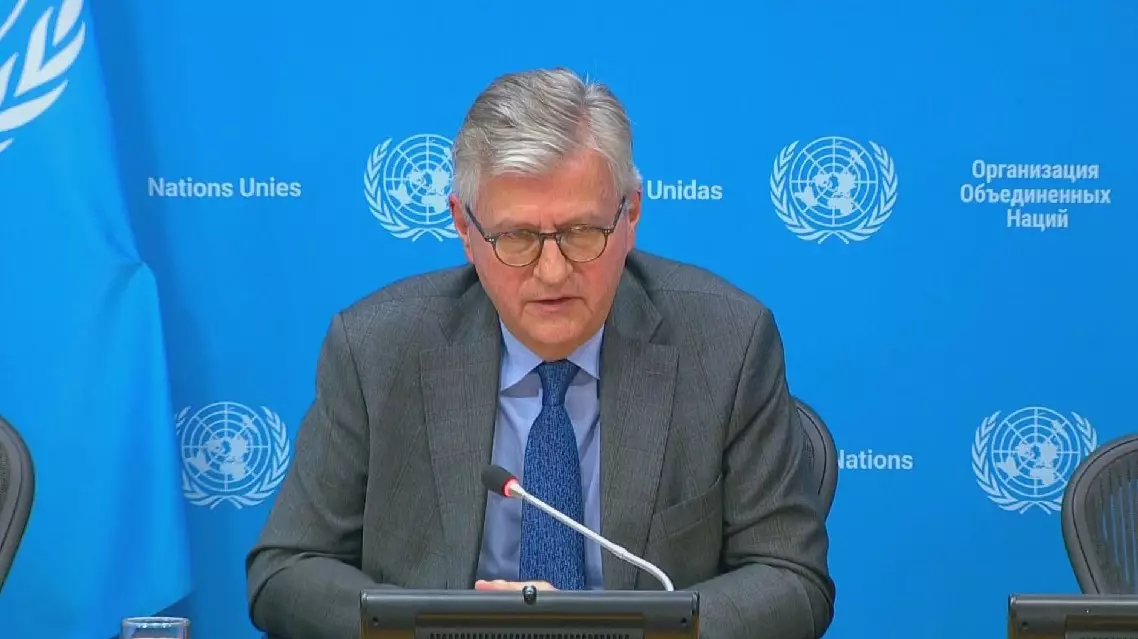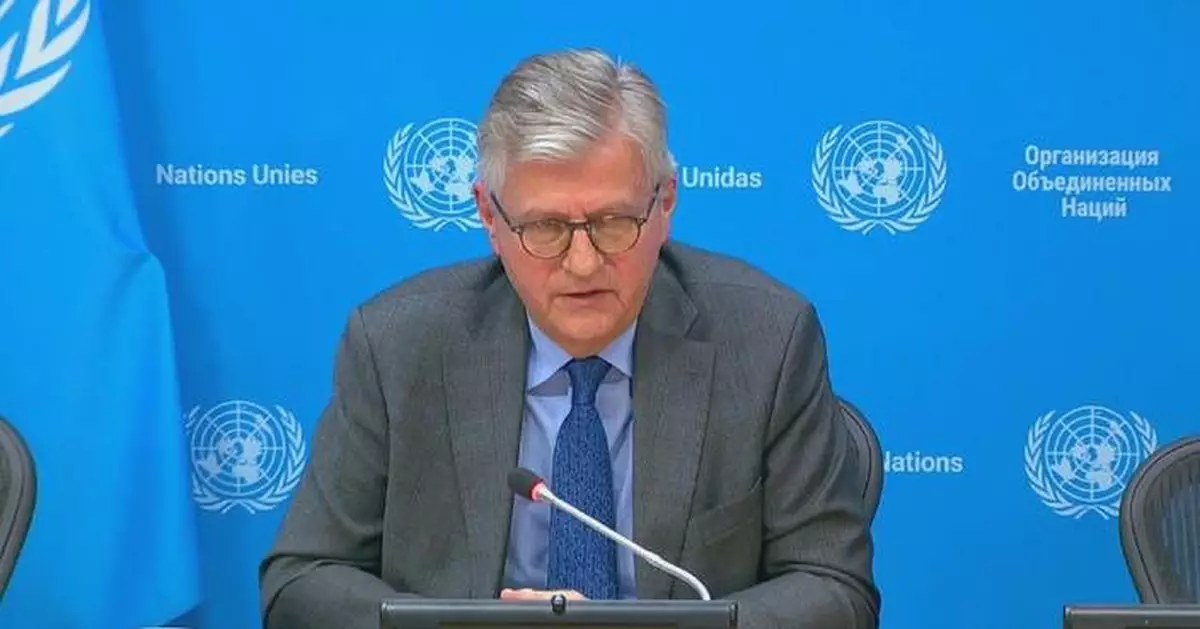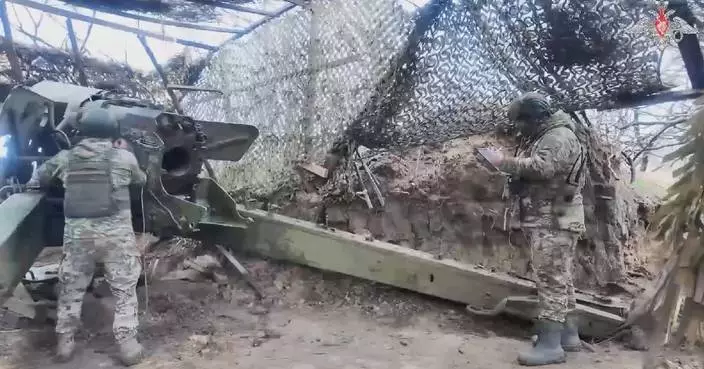The Israeli army used white phosphorus munitions in southern Lebanon, said United Nations Under-Secretary-General for Peace Operations Jean-Pierre Lacroix on Tuesday.
Lacroix made the statements at the UN headquarters in New York, noting that the United Nations Interim Force in Lebanon (UNIFIL) has launched an investigation into the matter.
"I believe there has been use of white phosphorus [munitions]. Then again, our position is that it should not be used in conditions where the civilian population is potentially affected by that. Now, in terms of the specifics, the conditions in which those cases occur, the UNFIL has conducted investigations. I don't have the elements of these investigations which are ongoing," he said.
White phosphorus munitions are offensive incendiary weapons that produce high temperatures and toxic smoke when burning. As a weapon, they are strictly regulated by international law.
In 1980, the United Nations adopted the Convention on Prohibitions or Restrictions on the Use of Certain Conventional Weapons which may be deemed to be Excessively Injurious or to have Indiscriminate Effects, and the protocol on prohibitions or restrictions on the use of incendiary weapons annexed to the convention prohibits the use of incendiary weapons against civilians and civilian gatherings.
The Israeli army argued that it only used white phosphorus munitions as flares or to provide cover using the smoke they produced, and was therefore not subject to this restriction. Lacroix also said that UNIFIL is discussing with all parties on expanding the force's capacity building after the end of this round of conflict, with a focus on enhancing its ability to remove remaining explosive devices.
"I believe that the post hostilities environment in southern Lebanon would be characterized by a very significant presence of improvised explosive devices, remnants of war mines, and we are already working with some contributing countries to expand UNIFIL's capacity in that area," Lacroix said.

UN peacekeeping chief confirms Israel's use of phosphorus munitions in Lebanon
Many Chinese logistics companies are ramping up their shipments for the U.S. market following the latest round of mutual tariff adjustments between China and the United States.
China and the United States announced in Geneva on Monday a series of tariff modification measures aimed at easing trade tensions between the world's two largest economies.
The decision followed a two-day China-U.S. high-level meeting on economic and trade affairs, where both sides recognized the importance of their bilateral economic and trade relationship to both countries and the global economy, a joint statement said, noting that both sides emphasized the need for a sustainable, long-term and mutually beneficial economic and trade relationship.
The latest measures have driven up the businesses of shipping companies in Shenzhen City, in south China's Guangdong Province.
In a freight forwarding company in Shenzhen, the manager said that U.S. clients are experiencing shortages of supplies and are pressuring them to expedite shipments on the next available vessels. The staff members are busy organizing export release documents, with stacks of paperwork for shipments to ports in Los Angeles, New York, and Chicago.
"Since the afternoon of May 12, our shipment volume has increased by 40 percent. By June, it should at least be doubled compared to now," said Fu Shengying, deputy general manager of Guangdong Branch of WorldEx Group.
Fuwei Community in Bao'an District, Shenzhen, is an important hub for cross-border e-commerce logistics. Recent data shows that the average daily export shipment volume here has increased by 14 percent over the past three days compared to May 11.
In another logistics company specializing in cross-border e-commerce, orders from U.S. clients have also surged. According to the company, these clients are facing low inventory and need to restock immediately. Over the past few days, the company has received more orders than during the same period in the previous years.
The company manager noted that the surge in order volume has led to increased demand for container ships. Consequently, some shipping companies are starting to adjust their capacity allocation on a global scale.
"Many shipowners had previously adjusted their capacity, but now that a large volume of cargo is suddenly coming in, there is a shortage of capacity. Consequently, freight rates are rising rapidly. Despite this, many clients are still very eager to ship their goods," said Luo Rong, general manager of Shenzhen Branch of Dewell Group.
Yantian Port in Shenzhen is the busiest shipping hub in South China for routes between China and the United States, handling over a quarter of the country's exports to the United States. To meet the surge in demand from U.S. clients, Yantian Port is now scheduling six daily sailings to the United States.
The port staff said that they have recently received inquiries from several shipping companies and are coordinating berth arrangements and schedules. They are prioritizing vessels for U.S. routes at Yantian Port.
Summer is the traditional Christmas ordering season in the United States, and due to previous export suspensions, American sellers' inventories have been declining and urgently need restocking. As a result, demand for Chinese goods is expected to keep rising in the near future.

Chinese logistics enterprises ramp up shipments after China-US tariff adjustment






















































